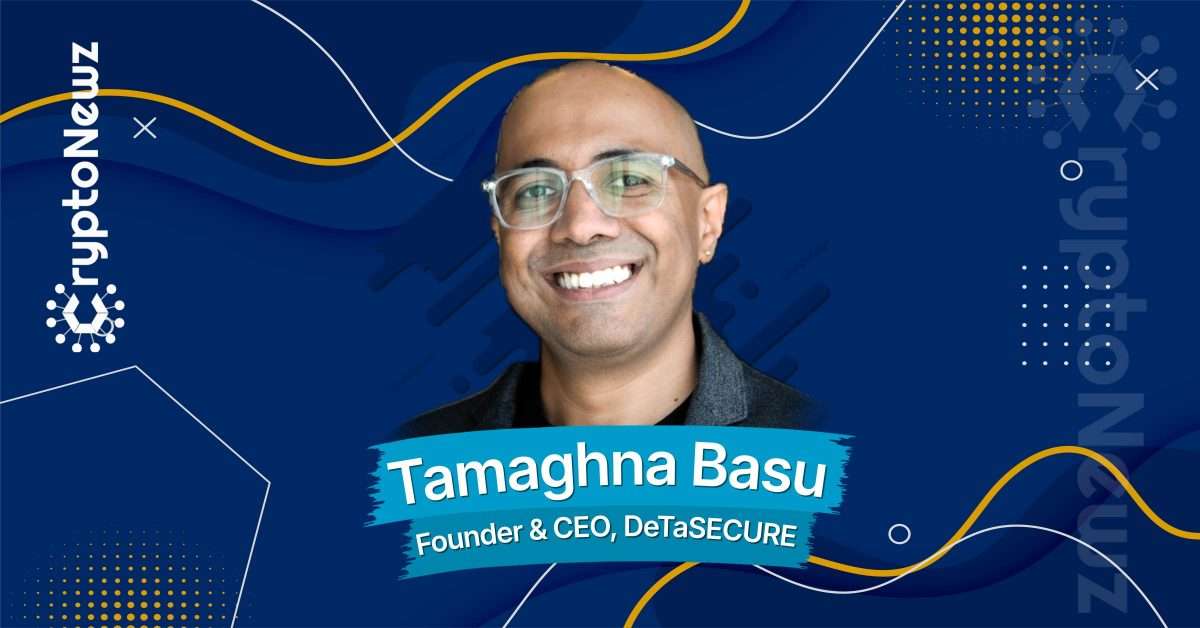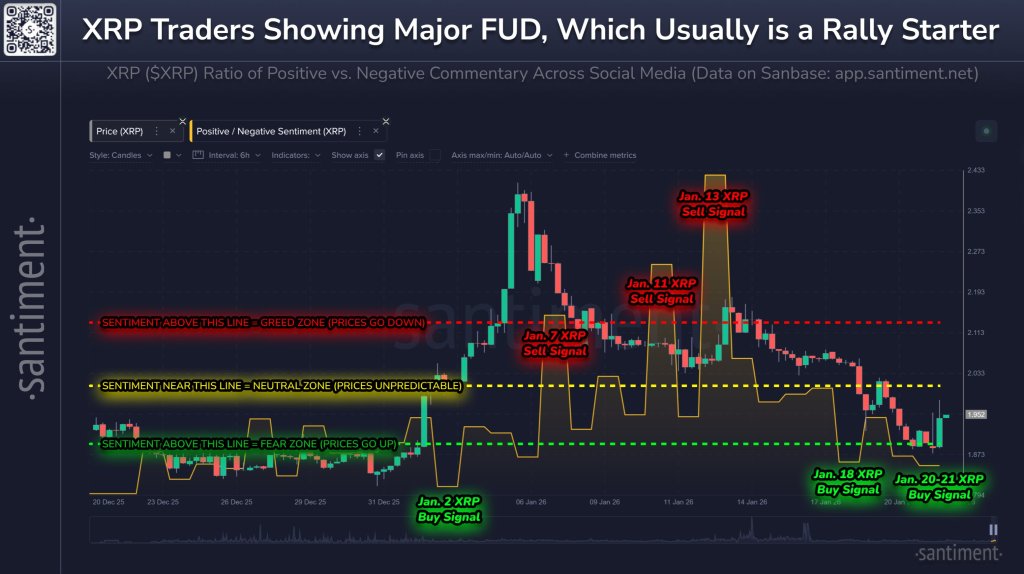
The Future Belongs to those Who Can Bridge the Gap between Traditional Security Principles and Emerging Technologies: Tamaghna Basu
Tamaghna Basu is a distinguished cybersecurity leader and entrepreneur with over two decades of experience building three ventures spanning three continents. As the Founder/CEO of DeTaSECURE, supported by In5 Dubai and Dubai Future Foundation, he pioneers innovative security solutions for Web3 and AI for enterprise clients. A Stanford University Cybersecurity Program mentor and former security lead at PayPal, Walmart, and PwC, Tamaghna has trained over 1000 professionals globally. His ventures have won 20+ international innovation awards worth $200K+ from organizations including Mastercard, Polygon, and Solana. Managing the Polygon Guild Dubai and other tech communities with 30K+ members, he bridges the gap between traditional security and emerging technologies.
With over 20 years in cybersecurity, what major shifts have you observed in how enterprises approach security, especially with the rise of Web3 and AI?
The landscape has evolved dramatically from perimeter-focused security to a zero-trust architecture approach. With Web3 and AI, we’re seeing three major shifts:
First, the decentralization of security infrastructure – organizations now need to secure not just their networks but entire blockchain ecosystems. At PayPal and now with DeTaSECURE, I’ve witnessed this transition from centralized to distributed security models.
Second, AI has introduced both new threats and defensive capabilities. We’re seeing sophisticated AI-powered attacks, but also using AI for better threat detection and response. Our work with behavioral biometrics at neoEYED demonstrated this dual nature.
Third, the speed of security operations has become critical. When I was handling security at Walmart Labs, we had hours to respond. Now, with Web3 protocols, we need sub-second response times to prevent attacks.
DeTaSECURE focuses on a “security-first” approach for enterprises and Web3 companies. Could you share some key strategies your team uses to maintain this focus without disrupting business continuity?
At DeTaSECURE, we implement three key strategies:
- ‘Shift-Left’ Security: We integrate security from the design phase, particularly crucial for Web3 projects. Our experience with Polygon and Solana has shown that post-deployment security fixes can be catastrophically expensive.
- Automated Security Gates: We’ve developed automated security checkpoints throughout the development pipeline, allowing business processes to flow while maintaining security standards.
- Risk-Based Prioritization: We help organizations identify their crown jewels and implement proportional security measures, ensuring resources are allocated effectively.
We integrate security seamlessly into DevSecOps pipelines, enabling developers to identify and fix vulnerabilities early without delaying releases.
For Web3 projects, we conduct smart contract audits to prevent exploits while maintaining transaction efficiency.
Additionally, our Virtual CISO services ensure that cybersecurity aligns with business goals, creating strategies that strengthen security without disrupting operations.
You’ve been a mentor to over 1000 individuals across diverse sectors and countries. What are the most important lessons you emphasize for young talents entering the cybersecurity field?
The most crucial lessons I emphasize are:
- Think like an attacker but act ethically
- Master the fundamentals before diving into specialized areas
- Build a strong foundation in critical thinking and problem-solving before diving into tools
- Stay perpetually curious and updated
- Understand business context – security exists to enable business, not hinder it
- Develop strong communication skills – the best security solutions fail if you can’t convince stakeholders
As a grant winner from ecosystems like Diamante, Polygon, Solana, Filecoin, and Chainlink, what insights do you have about integrating cybersecurity within blockchain and decentralized networks?
The decentralized nature of blockchain networks makes them inherently resilient, but they’re not immune to vulnerabilities like reentrancy attacks, rug pulls, or oracle manipulation. My insight is that cybersecurity for blockchain requires two layers: protocol-level security and application-layer security. Ensuring comprehensive audits and monitoring transaction flows are essential to building trust in decentralized systems
Working with major blockchain ecosystems has taught us that:
- Smart contract security requires a different mindset than traditional application security
- Immutability means security must be perfect from day one
- Cross-chain interactions introduce new attack vectors
- Security audits must evolve to cover both traditional and blockchain-specific vulnerabilities
DeTaSECURE offers services like Penetration Testing and Virtual CISO support. How do you adapt these services to meet the unique demands of clients across different industries like finance, healthcare, and e-commerce?
We’ve developed a modular approach that adapts our core security services to industry-specific requirements. For example:
In finance, we focus on real-time transaction monitoring and regulatory compliance. Our experience with neoEYED, monitoring 120M+ financial transactions, taught us the importance of speed and accuracy.
For healthcare, we emphasize data privacy and HIPAA compliance while ensuring quick access to critical information.
In e-commerce, drawing from my Walmart Labs experience, we focus on fraud prevention and secure payment processing while maintaining smooth customer experience.
Could you share more about your recent partnership with Diamante and explain how you envision this collaboration advancing both cybersecurity and blockchain technology?
Our partnership with Diamante integrates our cybersecurity expertise with their blockchain infrastructure, aiming to create a secure and scalable platform for global trade. By combining blockchain’s transparency with advanced cybersecurity measures, we’re creating a trust ecosystem that can mitigate fraud while enhancing operational efficiency for users across industries.
It focuses on three key areas:
- Developing secure wallet and fraud prevention mechanism
- Creating standardized security audit frameworks for DeFi protocols for the Diamante ecosystem
- Implementing a strong analytics platform for the Diamante ecosystem to monitor transactions and bring more transparency
This collaboration represents the convergence of traditional security expertise with blockchain innovation, something I’ve been passionate about since my days at PayPal.
You’ve been involved in designing industry-oriented cybersecurity curricula. What core skills and knowledge do you believe future cybersecurity professionals need to develop, particularly for Web3 and AI environments?
Future professionals need to master the following:
- Smart contract security for Web3, focusing on auditing and identifying vulnerabilities.
- AI-driven threat detection to anticipate and mitigate advanced attacks.
- A strong foundation in cryptography, as it’s pivotal in blockchain and secure communications.
- Understanding regulatory frameworks to align security with compliance.
- Cross-chain security architecture
- Business acumen and risk management
It’s a wrap-up: The future belongs to those who can bridge the gap between traditional security principles and emerging technologies.
Additional Information:
- Website: https://linktr.ee/tbasu
- Company: https://www.DeTaSECURE.com
- Speaking Engagements: [BlackHat, ETHDenver, ETHRiyadh]
- Book a call: https://intro.co/TamaghnaBasu





